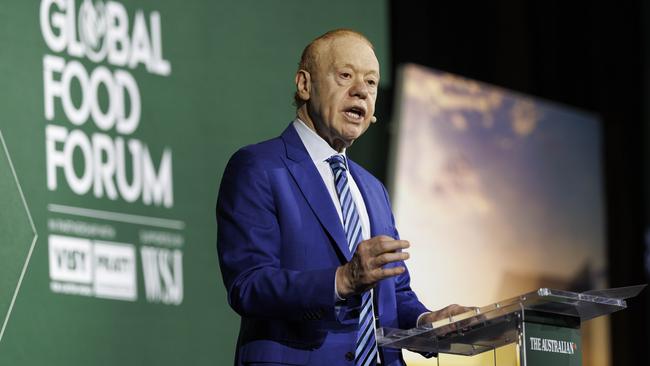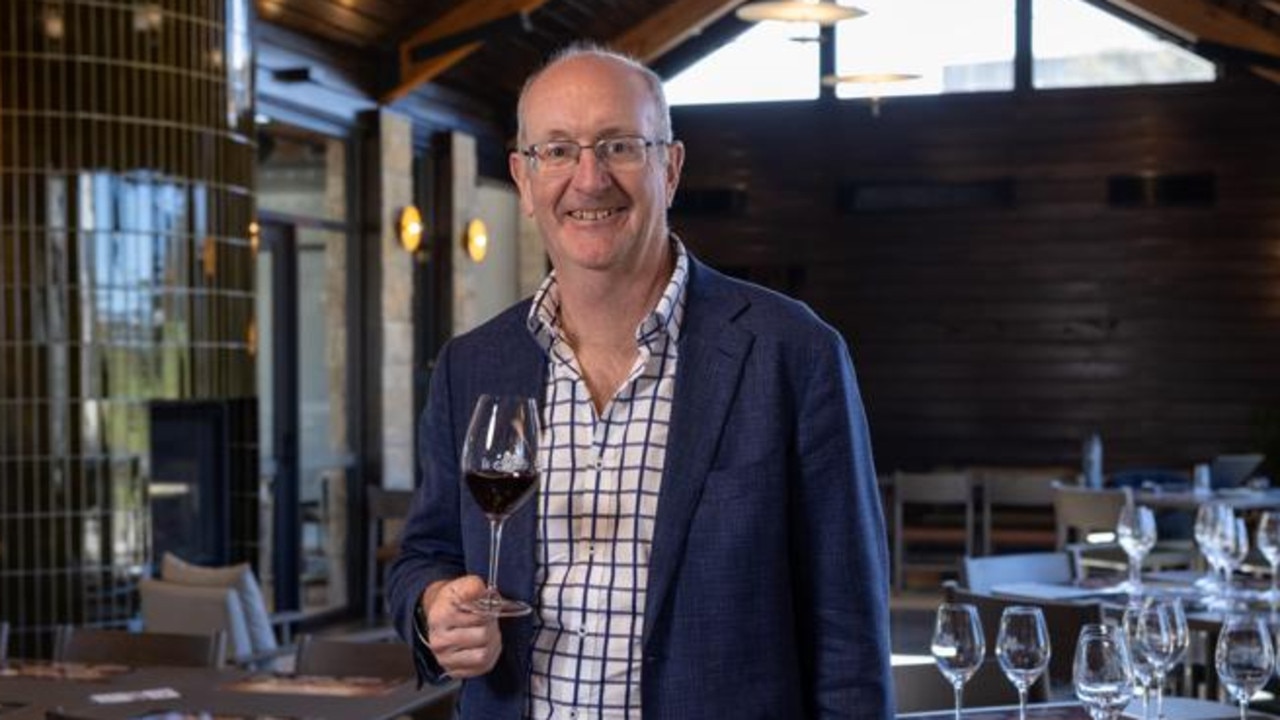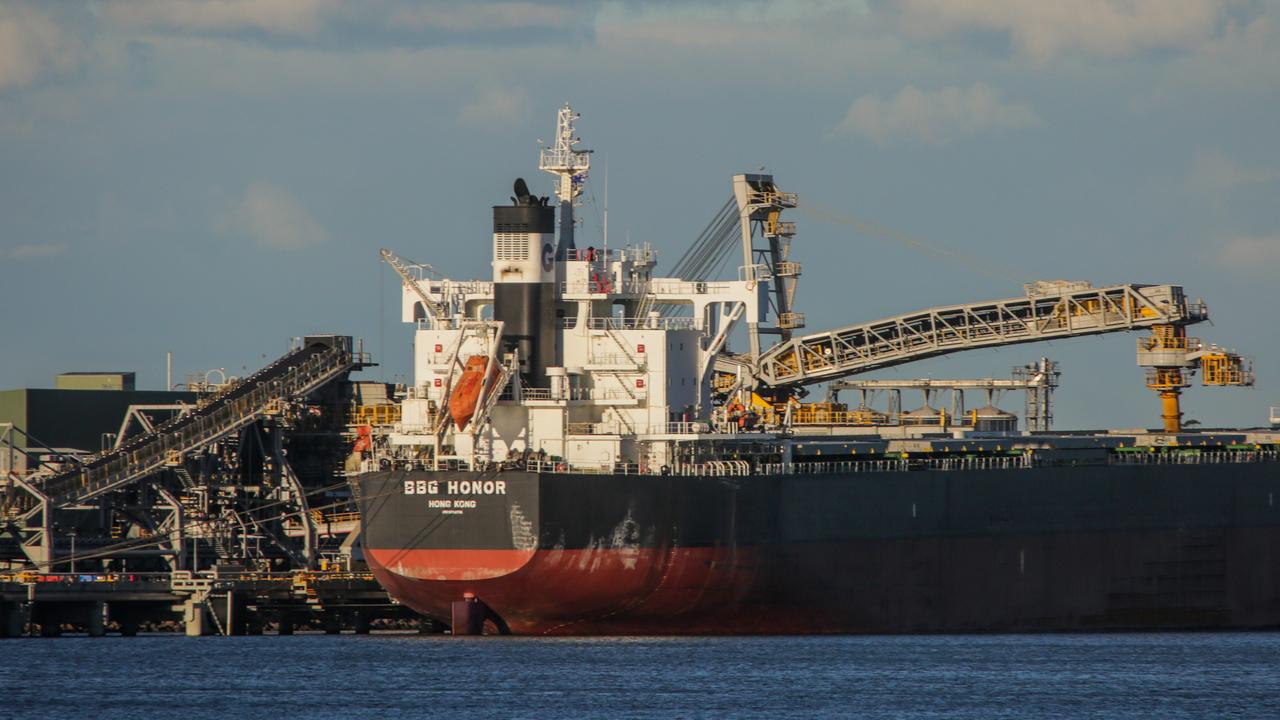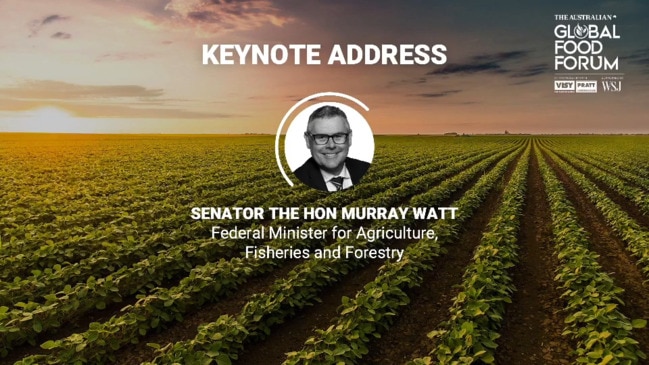
Who’d want to be a manufacturer? And who would do it in Australia?
Hundreds, even thousands of food producers are doing it and they’re fronting up every day – no matter what new pricing or regulatory curveball is being thrown at them. Whether they’re multinationals, ASX-listed players, or family-owned food producers, they are all battling the same pressures: unsustainable costs and limited options to recover them.
Remember, food manufacturing is manufacturing. It is sophisticated, tech intensive, serving markets where tastes are always evolving and it is adding value. Food manufacturing is a massive employer, and whether it’s energy, insurance, rising payroll taxes, wages or even access to labour, more firms at the moment are scaling back rather than spending. Many more are barely making any money. And that is a worry.
While the best minds and substantial resources are being used on plans to build up critical minerals or rare earths, or even supporting renewables, food manufacturing deserves its own national strategy. And fast.
Food is the largest manufacturing sector in the economy.
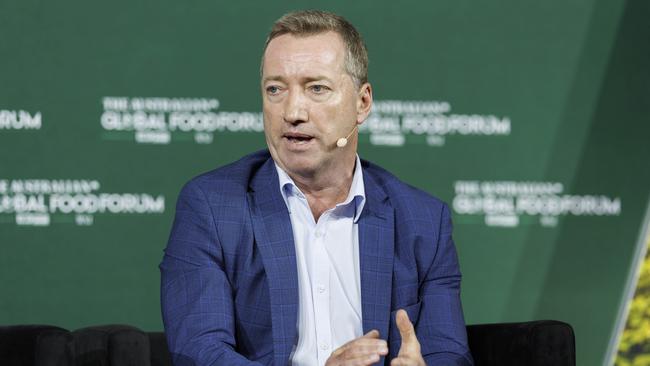
Taiwan for one decided decades ago to focus its effort into building up its semiconductor manufacturing base. Today, chip making represents more than 15 per cent of Taiwan’s GDP and dominates the manufacturing of the world’s most advanced chips used in everything from mobile phones, cars and supercomputers to power AI.
Food manufacturing in Australia has scale today and it is brimming with potential. It is 6 per cent of the economy and growing.
It employs more than 700,000 and annual food and farm exports are now on track to hit $60bn. LNG sales are expected to deliver $66bn next year and metallurgical coal is at $54bn. That gives you a sense of where agribusiness sits in the pecking order.
The players from dairy producers, beef processors or millers on the ground are fighters, but they need the right signals from the top that the nation has their back given the wealth and the opportunities they produce.
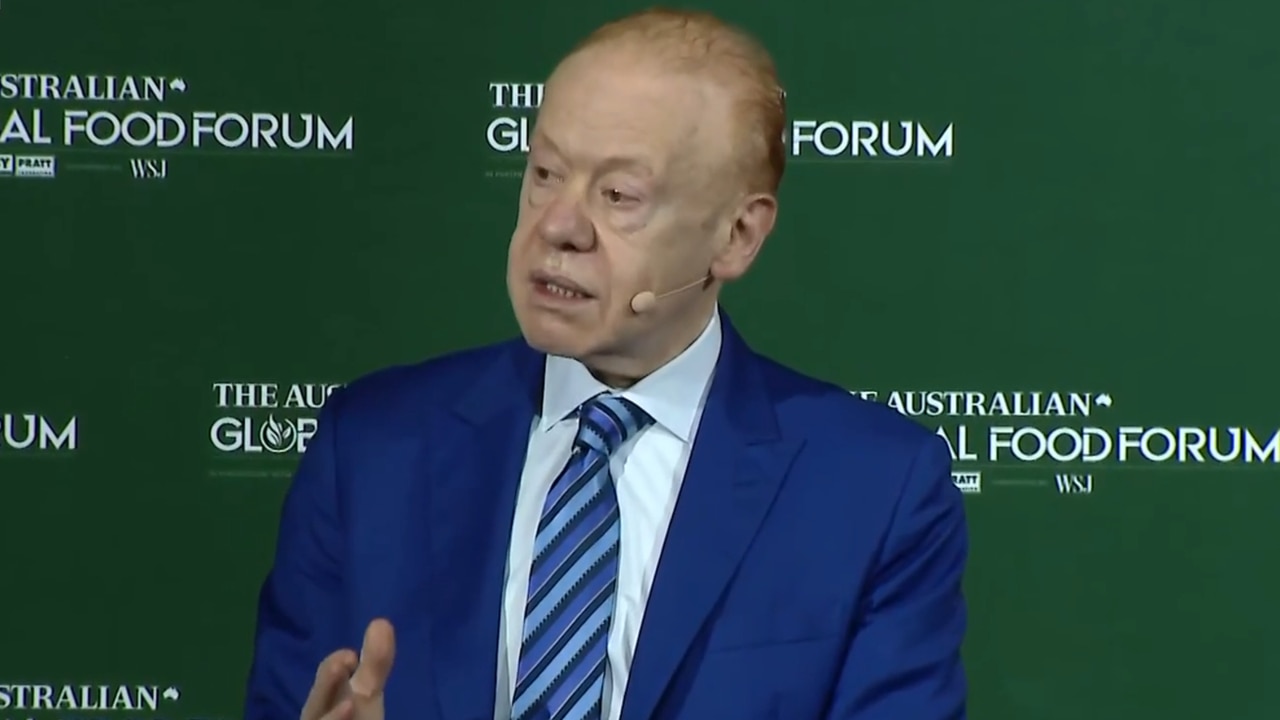
The Australian’s Global Food Forum in Brisbane heard the frontline stories of rent, energy and insurance. Wages and labour. But more galling was the tendency to push down the best intended ideas like food labelling rules, the latest biosecurity measures, or even wear the pain of surging input prices onto all producers.
“I’m not sure I can make a business case today for an energy-intensive facility located in Australia,” Reg Weine, CEO of infant formula exporter Bubs Australia told the forum.
Even global giants such as Nestle, Mars and Mondelez – the company behind Cadbury – have warned that Australia is one of their highest cost locations. When companies move to rationalisation mode that makes the highest cost players most at risk.
Others like Michael Perich, the head of ASX-listed dairy and plant-based milk producer Noumi, point out that without a coherent strategy food manufacturing faces going the way of the car industry. There’s complacency given its already there. But once it’s gone, it’s gone for good.
“The average consumer will buy Australian if they are similar prices, they’re not normally going to pay more or less – so there a value proposition around it. What I get concerned about for the manufacturing piece is we’ve got to be careful we don’t price ourselves out of the market. We don’t manufacture a car in Australia anymore because we priced ourselves out.”
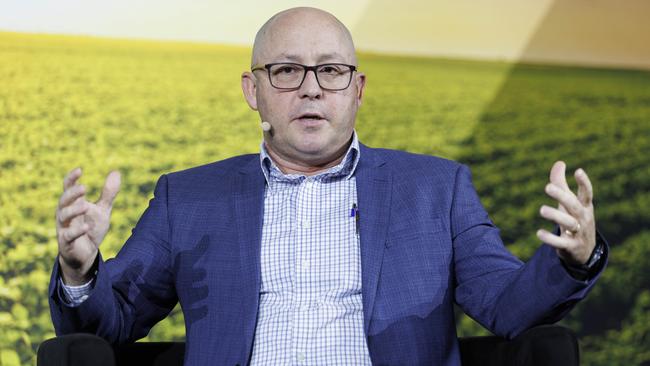
Perich, who exports to Asia, points out gas and reliable electricity is a huge requirement for his businesses. He has invested heavily in solar at his factories to abate volatile pricing, but this only delivers 25 per cent of his energy needs. Gas prices also have soared. He believes a determined strategy joining all the dots to tackle the pain points is what is needed.
Others such as Bega’s longserving boss Barry Irvin point out a national company has myriad layers of regulation and state government strategies to contend with – ranging from tax scales to energy policy. Eliminate these distractions and he can focus on growing his exports.
Bubs’ Weine, who sells to nearly a dozen countries including China and the US, sees nothing but upside.
“We’ve got this beautiful brand that I think is limitless in its potential globally. We operate in a very large addressable market being infant nutrition and adult nutrition.”
Food manufacturing has and can continue to flourish in Australia. There is a chance to become the superpower of food. But there is just a tiny window of opportunity to get things right.
